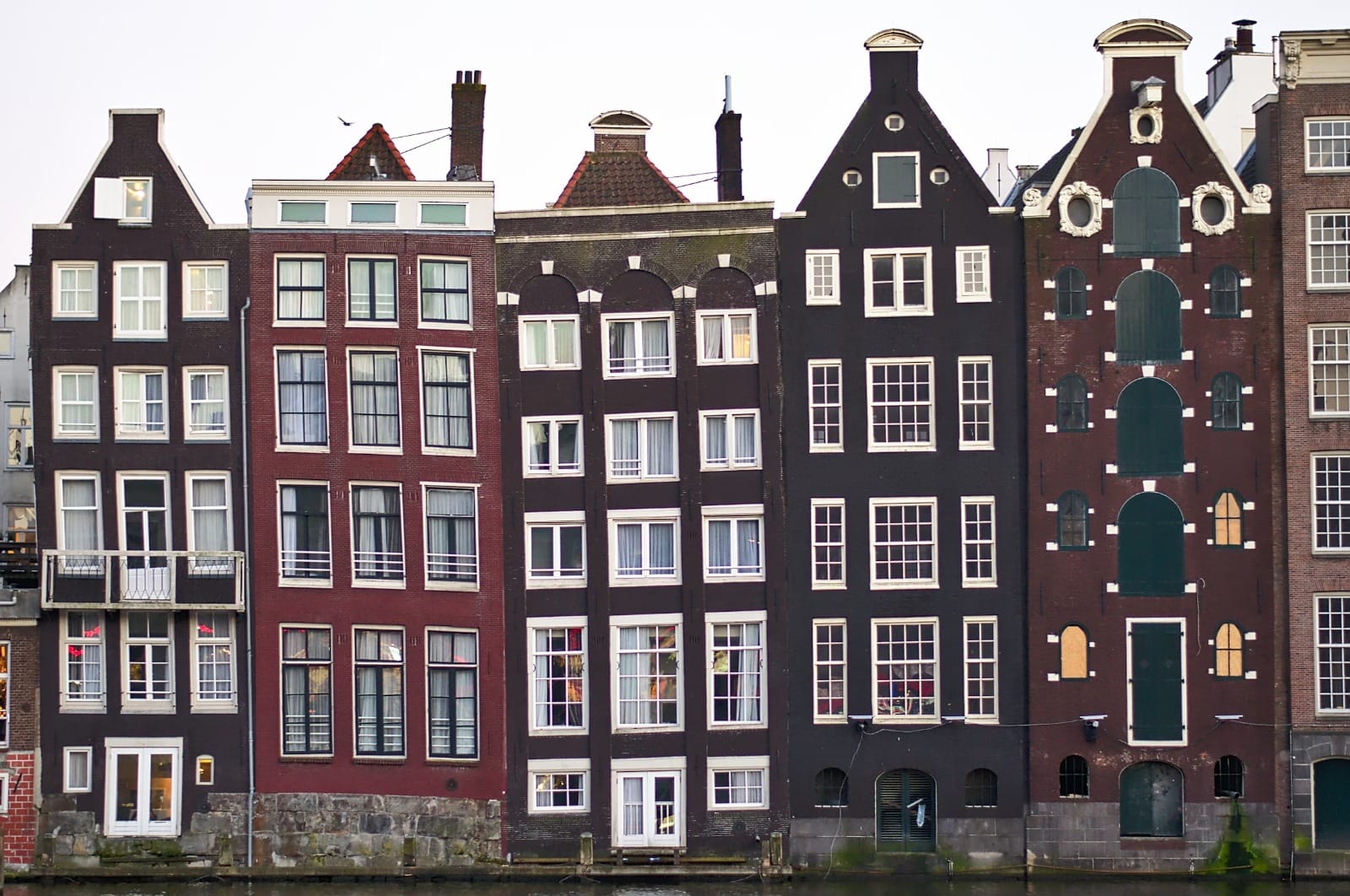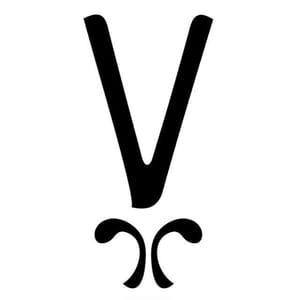
In a lecture delivered at a literary prize ceremony in Florence last May, American-Libyan writer Hisham Matar stood up and confronted his audience with the second person. He was there to tell them what it is like; to bring them into the experience of
witnessing some of your European colleagues, otherwise liberal and fair-minded intellectuals, some of whom you love and who live in your heart, perform new forms of the same old and inelegant acrobatics you have witnessed all your life, so as not to name the crimes for what they are, but name some of them, so as to have named something, when all of this happens, you are reminded of the centre, that these good people operate from within a conceived centre, a perceptual centre from which the world is viewed, and that you are outside that boundary.
Matar is obviously talking about Gaza. He is pointing out what has always been self-evident to those paying attention, the embarrassing lack of spatial awareness, speaking kindly, so native to the West.
My mind returned to this sentence, and to images of centres, following last week’s violence in Amsterdam, and the subsequent explosion of conflicting reports on the internet. The crime immediately and comprehensively named, by kings and prime ministers and presidents worldwide, was that Jews had been victim to antisemitism. Following the UEFA Maccabi Tel Aviv-Ajax game, videos began to circulate of men on scooters identifying Israeli Maccabi supporters and attacking them in multiple locations across the city. One video shows a man, not obviously associated with Maccabi, protesting that he is “not Jewish”, as he continues to be beaten to the ground. It appeared for a moment that “being Jewish” was what the attackers were seeking out and punishing. There may well have been moments where this was the case.
But there were and are many crimes left to name. As Netanyahu jumped at the opportunity to shout Kristallnacht, and Amsterdam mayor Femke Halsema followed suit with “pogrom”, it was becoming clear that the front-page story was not the whole story, that hordes of Israeli Maccabi fans had themselves committed serious acts of racist violence in the days before and after the UEFA game (just as they had back in May, when they attacked a man carrying a Palestinian flag in Athens). Footage emerged of men wrapped in Israeli flags attacking a taxi, its Muslim driver still inside, then came recordings of chants calling for the death of Arabs, the selfsame chant I hear sometimes from my bedroom in Jerusalem, and with that, I was brought back to everything else, mainly the still-warm faces of dead children that populate the internet, and the now-cold faces one imagines withering under the rubble, the arms with the sharpie names, all the piles of names with their holy meanings, the actual killing of actual Palestinians by American-funded and British-built F16s in Gaza today, yesterday, and countless days before.
It should go without saying, but something big, and enormous, and elephantine is lost in regarding Amsterdam as evidence of a globalised attack on Jewishness. Back in the UK, the Community Security Trust (CST), a prominent NGO that seeks “to protect British Jews from terrorism and antisemitism”, released a statement expressing “solidarity for the Dutch Jewish community”. The awkward grammar – one stands in solidarity with, not for a group – smacks of a much deeper misunderstanding or misconstrual of the historical concept of solidarity that has been taking hold among Jewish communities worldwide.
The other day, a big white coach drove past me as I was walking by the Old City, its windows blazoned with the words “Israel solidarity mission” alongside the name of an American community I can’t remember, maybe Miami. Many such missions have been flying Jews from around the world over to the sites of the October 7 massacres for the past year, enabling participants to “stand in solidarity, bear witness, and provide comfort to those in need”, as one New Jersey Federation trip advertises itself. Beyond visiting the deserted fields of Re’im where the Nova Festival took place, and walking through the burnt patios of the Gaza envelope kibbutzim, participants also volunteer in practical activities that “reconnect them to Jewish values”, often harvesting fruit and vegetables across the land (conveniently enough, given that around 150,000 West Bank Palestinians employed in Israel have been denied entry for the past year, many of them agricultural workers).
In this version of solidarity, the express task is to turn inwards, to grasp onto those whom we already know or know of or even vaguely identify with – while pulling away from everyone else. Reporting for Jewish Currents, Maya Rosen recalls the way that Americans touring southern Israel were “encouraged to assume an Israeli identity”. One tour guide emphasised to participants that the message they should be taking back to their Jewish communities at home is that “we’re all part of the same struggle”. Her “we” obviously doesn’t function in a universal sense, but in strict reference to the Jewish world.
Communal care and interest are good, necessary things; care and interest limited to the confines of the community are not. An old and worn interrogation of the international pro-Palestine movement, and the supposed antisemitism lurking behind it, is: “why do you care so much about this?” Like it ultimately has nothing to do with us, like it would be better if we cared more about ourselves or the environment or some other unfathomable thing that also has nothing to do with us. Like we aren’t all human beings capable of being rocked to the core, whoever we are, by one another’s pain and destruction.
Too often, now, solidarity begins to sound very much like choosing a side in a sports match – a match in which acknowledging the losses of others for even a moment has no place – and risks leading soon enough to parochialism, to ethnonationalism, and to fascism. It struck me that the solidarity mission tour guide’s message is a perfect inversion of what the queer feminist scholar Sara Ahmed argues in her book, The Cultural Politics of Emotion: “Solidarity does not assume that our struggles are the same struggles, or that our pain is the same pain, or that our hope is for the same future. Solidarity involves commitment, and work, as well as the recognition that even if we do not have the same feelings, or the same lives, or the same bodies, we do live on common ground.” (This was the very caption used by Emma Watson back in 2022, when she posted an image of a pro-Palestine protest on Instagram, only to be immediately charged with antisemitism.)
In respect to that common ground we live on, and in spite of a temporary ban on all protests in the city, Amsterdammer activists protesting genocide and war crimes in Palestine and Lebanon continued to gather last Sunday and then again this Wednesday, resulting in hundreds of their arrests. There are images of human chains, circles and circles of them, and the faces are all deep in concentration, as if they are trying hard to recognise someone in the distance. This is solidarity in action: what the writer Cole Arthur Riley calls “the kind of presence that costs you something”. It doesn’t even have to be prison — it can just be the profound and limitless sadness of seeing things for what they are.▼
Kate Greenberg is a writer, activist, and editor at Vashti.
Author

Kate Greenberg is a writer, activist, and editor at Vashti.
Sign up for The Pickle and New, From Vashti.
Stay up to date with Vashti.



